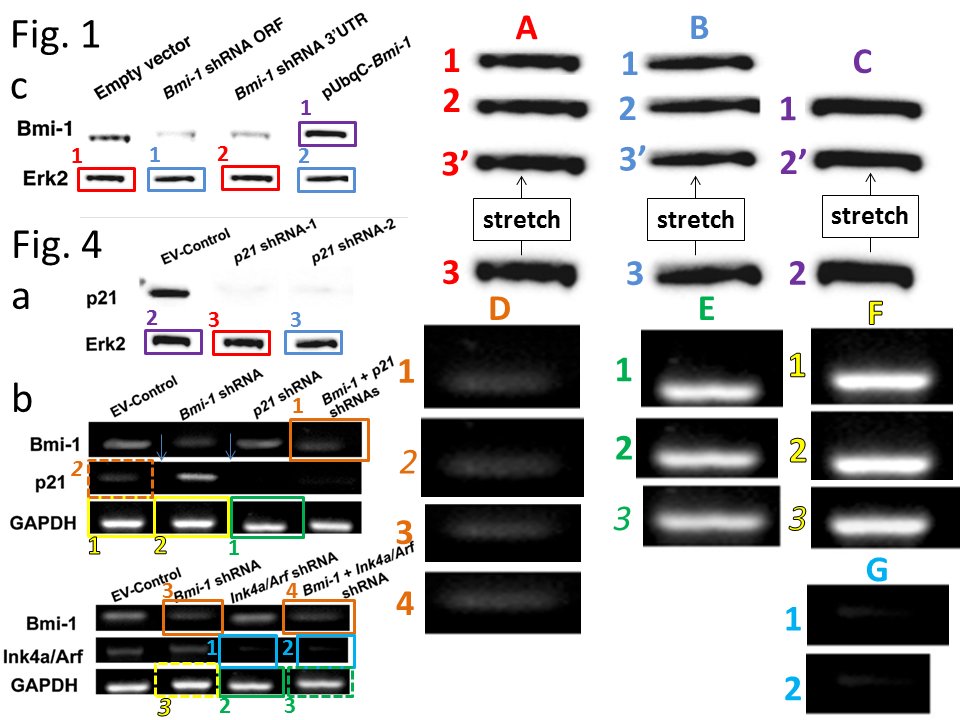Good morning from Portland, OR, from the #SSP2023 @ScholarlyPub, where I will attend the plenary session "The Evolving Knowledge Ecosystem" about the economic pressures and the greatest challenges shaping the scholarly publishing industry.
This will be a panel discussion, with @rschon @IthakaSR, @amy_brand @mitpress, Gregg Gordon @SSRN, Julia Kostova @FrontiersIn, and @DrNandiQ @Clarivate
#SSP2023
#SSP2023

Roger Schonfeld @rschon will be moderating this panel, and opens the discussion with asking what the purpose of scholarly publishing is or should be.
@amy_brand : we not only deliver research contents but we are really integral to the academic ecosystem.
@amy_brand : we not only deliver research contents but we are really integral to the academic ecosystem.
Gregg Gordon: The evolution of knowledge and reporting it is a really good reason to get up early in the morning.
Julia Kostova: Validating and disseminating knowledge to the world, supporting career advancement. We need this to deal with the crises we are facing.
#SSP2023
Julia Kostova: Validating and disseminating knowledge to the world, supporting career advancement. We need this to deal with the crises we are facing.
#SSP2023
.@DrNandiQ: all of the above! Publishers have a big responsibility, they are custodians of science, because they not only decide what to publish, but also what not gets published.
#SSP2023
#SSP2023
RS: Publishers have taken some measures to address research fraud. What more should be done?
@DrNandiQ: this is a multi-stakeholder problem, and we all three levels of actions. We need to remove incentives, we need better measures, we need to clean up the record.
#SSP2023
@DrNandiQ: this is a multi-stakeholder problem, and we all three levels of actions. We need to remove incentives, we need better measures, we need to clean up the record.
#SSP2023
NQ talks about how to better mark retracted articles and about marking articles as trustworthy. She also refers to a @Nature article that came out yesterday, about the fight against #PaperMills.
nature.com/articles/d4158…
#SSP2023
nature.com/articles/d4158…
#SSP2023
AB: Having more transparency about e.g. peer review is a way to add more trust to a particular article. We also need to tackle the current focus of quantity over quality.
GG: It is a balancing act between the timeframe we have and the effort we put into reviewing a paper
#SSP2023
GG: It is a balancing act between the timeframe we have and the effort we put into reviewing a paper
#SSP2023
JK: As publishers we need to uphold the highest standards of quality. That means investment, training.
AB: I don't think we need to go to a model where everything gets published as a preprint - it would be too much to all read and interpret.
#SSP2023
AB: I don't think we need to go to a model where everything gets published as a preprint - it would be too much to all read and interpret.
#SSP2023
GG is a big fan of preprints - sharing ideas is great - we have to take responsibility and decide what can we trust or not.
AB/NQ: But people are gullible - not everyone can make a good decision of what we can trust.
AB/NQ: But people are gullible - not everyone can make a good decision of what we can trust.
AB: We have to talk about the growing #OpenAccess business, where it is actually generating a lot of revenue for publishing companies.
GG: We need that revenue. The amount of money that Elsevier spends to fights paper mills would bankrupt most small publishers.
#SSP2023
GG: We need that revenue. The amount of money that Elsevier spends to fights paper mills would bankrupt most small publishers.
#SSP2023
RS: Artificial Intelligence is starting a big transformation in the publishing industry. How do you see this as affecting your business?
GG: It will make it much harder to detect fake articles/images. Maybe one model can detect another and it will be a Whac-A-Mole of machines.
GG: It will make it much harder to detect fake articles/images. Maybe one model can detect another and it will be a Whac-A-Mole of machines.
AB: I am concerned about the effect of AI on trustworthiness and copyright.
JK: It is too early in the game to know how this will play out.
NQ: there has been a shift already from reading a journal cover-to-cover to reading individual articles.
#SSP2023
JK: It is too early in the game to know how this will play out.
NQ: there has been a shift already from reading a journal cover-to-cover to reading individual articles.
#SSP2023
• • •
Missing some Tweet in this thread? You can try to
force a refresh

 Read on Twitter
Read on Twitter













